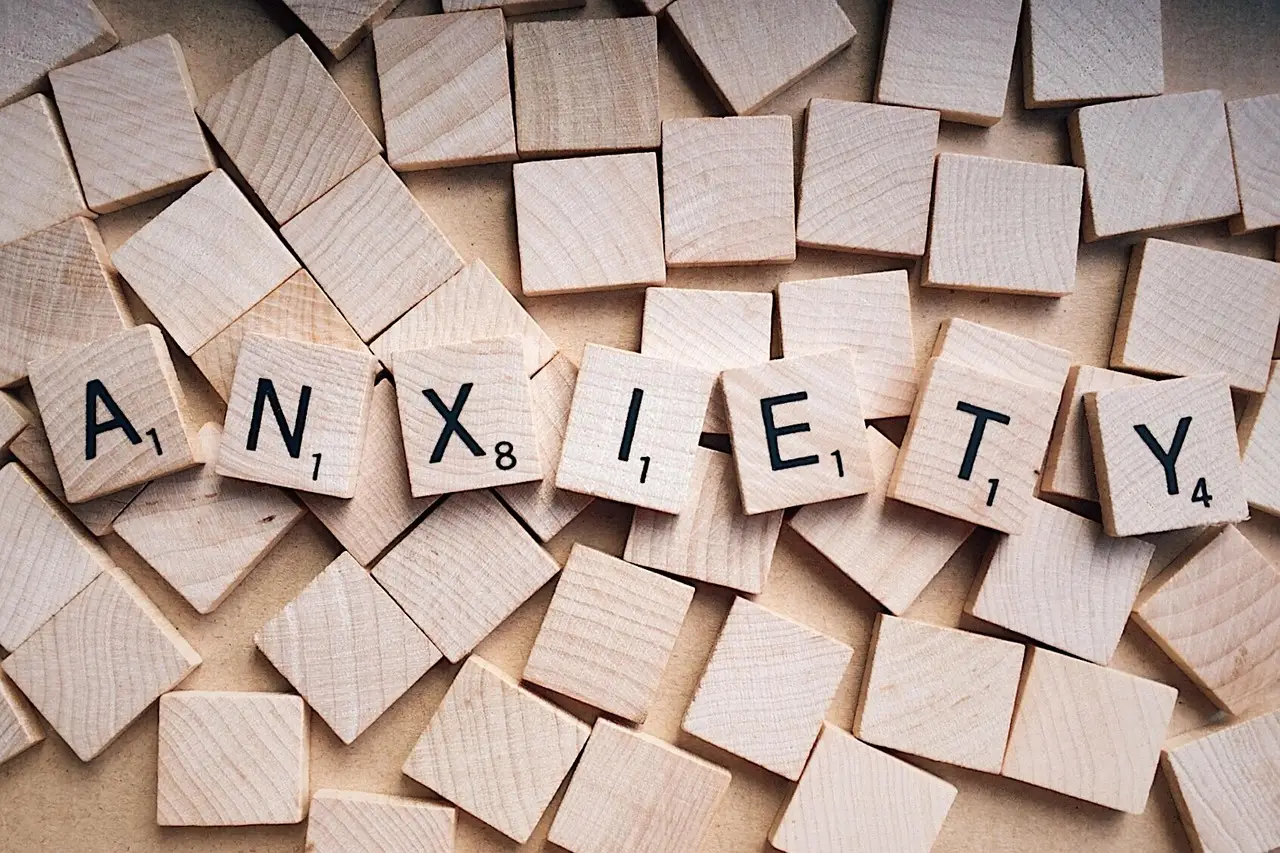Finding Calm: How Acupuncture May Help Ease Anxiety

In today’s world, anxiety is one of the most common challenges many people face. Whether it shows up as racing thoughts, poor sleep, constant worry, or physical tension, anxiety can affect both the mind and the body.
Recent research in Australia [1] suggests nearly one third of people experience symptoms of anxiety and depression, with more now suffering severe symptoms compared to two years ago. While conventional treatments often involve medication or talk therapy, many are seeking a more holistic and natural approach through Traditional Chinese Medicine (TCM) and acupuncture.[2]
Anxiety from a Traditional Chinese Medicine (TCM) Perspective
TCM views anxiety as an imbalance of energy, or” Qi” among the internal organs, disrupting the harmony of those organs that are closely linked to emotional wellbeing – the Heart, Spleen, Liver, and Kidneys.
Common Patterns of Anxiety in Traditional Chinese Medicine
- Symptoms: Excessive worry, palpitations, poor memory, fatigue, insomnia
- Cause: Heart and Spleen Qi Deficiency (心脾兩虛)
- This pattern arises when the heart, which governs mental function in TCM, lacks nourishment due to insufficient blood production by the spleen. As a result, both physical vitality and mental clarity are diminished, leading to pervasive worry and weakened memory, along with physical fatigue and disrupted sleep.
- Cause: Heart and Spleen Qi Deficiency (心脾兩虛)
- Symptoms: Restlessness, night sweats, dry mouth, difficulty sleeping
- Cause: Heart Yin Deficiency (心陰虛)
- “Shen” (spirit/mind) resides in the heart; when Yin is deficient, the spirit becomes unsettled and cannot rest. This results in experiencing both tiredness and agitation, which is often described as “wired but tired.” Other signs include restlessness, heat sensations, and difficulty maintaining deep sleep.
- Cause: Heart Yin Deficiency (心陰虛)
- Symptoms: Irritability, mood swings, chest tightness, frequent sighing
- Cause: Liver Qi Stagnation (肝氣鬱結)
- In this scenario, the liver, responsible for smooth Qi flow, becomes obstructed, disrupting emotional regulation. Stagnated Qi leads to emotional bottling-up, frequent sighing, tightness in the chest, and pronounced irritability. Mood may shift rapidly as emotions struggle to find healthy expression.
- Cause: Liver Qi Stagnation (肝氣鬱結)
How We can Help
At David Lee Acupuncture, we diagnose by observing the symptoms presented, inspecting the tongue, and reading the pulse. From this, we identify which organs or meridians are out of balance. Through acupuncture, we stimulate specific energy points on the body to regulate the flow of Qi and blood, helping to restore the body’s natural harmony.
Modern research shows that acupuncture can also impact the nervous system, helping to:[3]
- Activate the parasympathetic “rest-and-digest” response
- Reduce stress hormones such as cortisol
- Increase production of serotonin and endorphins, the body’s natural “feel-good” chemicals
- Improve sleep quality and relaxation
Many of our patients describe their acupuncture sessions as deeply calming, often leaving with a sense of inner peace.
Beyond Acupuncture: A Holistic Approach
To support ongoing anxiety relief acupuncture can be complemented with:
- Chinese Herbal medicine to nourish and calm the Heart and Liver
- Breathing practices or Qi Gong to regulate the nervous system
- Lifestyle and dietary guidance to strengthen the body and reduce triggers
A Gentle Path to Balance
Every person’s experience with anxiety is unique, and TCM recognizes that individuality. Instead of simply treating symptoms, acupuncture aims to address the root imbalances causing distress. With consistent care, many people find they not only feel calmer but also more resilient in daily life.[4]
[1] Beyond BLue New data reveals people are highly distressed when seeking support 2 June 2025
[3] Bo Sun(2024)Treatment of Depression with Acupuncture Based on Pathophysiological Mechanism
[4]Mingshan Lu,Sumaiya Sharmin (2024)Effectiveness of acupuncture in treating patients with pain and mental health concerns: the results of the Alberta Complementary Health Integration Project , where 41.1% of participant show a decline in anxiety with consistent acupuncture care.
